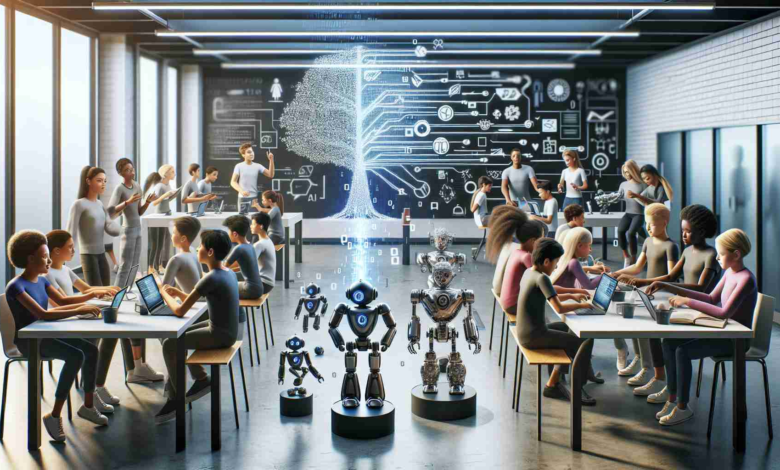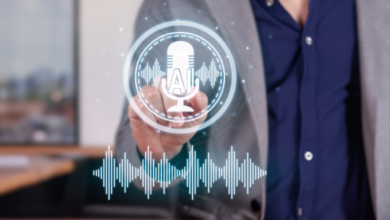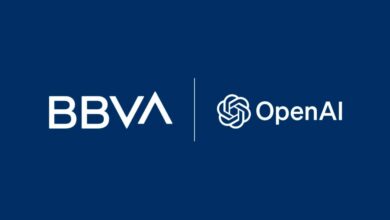Revolutionizing Education and Life: Karaman Embraces Artificial Intelligence

Groundbreaking discussions illuminate AI’s impact on education and daily living
A pivotal seminar on ‘Artificial Intelligence in Life and Education’ was recently conducted in Karaman, drawing attention to the rapid changes in digital technologies. Held at the Karamanoğlu Mehmetbey University’s (KMÜ) Education Faculty conference hall, it served as a platform for insight into the transformative power of advanced technologies like AI.
The Karaman Governor, Hüseyin Engin Sarıibrahim, highlighted during the event that the biggest challenge in the digital world is the failure to innovate and evolve. He further explained that machines capable of mimicking human behaviors or analyzing them are now central topics of discussion, standing at the core of AI applications. These groundbreaking developments are significantly influencing global economic growth, particularly through substantial investments in the field.
The transformative potential of AI in all spheres of life
KMÜ Rector Prof. Dr. Mehmet Gavgalı shared his views, emphasizing that AI held the potential to fundamentally alter all aspects of life. He envisioned a new era wherein AI offers the capability to resolve complex questions, derive meaning from large data collections, and make decisions surpassing human speed and accuracy. He envisions that AI technology promises to enhance course quality and enrich student experiences across numerous educational institutions.
The seminar continued with presentations from academics hailing from various universities, further deepening the exchange of insights on the implications of AI in education and everyday living.
Key Questions and Answers:
1. What is the role of AI in education?
AI can personalize learning by adapting to individual student needs and learning styles, provide real-time feedback and assessments, create more interactive and engaging learning experiences, automate administrative tasks to free up teachers’ time for instruction, and analyze data to improve educational outcomes.
2. How does AI affect everyday life?
AI has a pervasive influence on daily life through smart home devices, personal assistants, recommendation systems, healthcare diagnostics, finance, transportation with autonomous vehicles, and even in the way we interact with our smartphones and appliances.
3. What are the main challenges associated with integrating AI into education and life?
Key challenges include ensuring data privacy and security, dealing with the digital divide and ensuring fair access to AI technologies, retaining human oversight to avoid dependency on AI, addressing ethical considerations, and managing job displacement due to automation.
4. Are there any controversies surrounding AI?
Yes, controversies include the potential for AI to perpetuate bias if not trained on diverse data sets, the ethical use of AI, particularly concerning surveillance and decision-making, and fears of job loss as automation increases.
Advantages and Disadvantages:
Advantages:
– Provides personalized learning experiences.
– Enhances operational efficiency and saves time.
– Can analyze vast amounts of data for informed decision-making.
– Promotes innovation and economic growth.
Disadvantages:
– May reduce face-to-face human interaction.
– Could increase unemployment due to automation.
– Requires significant initial investments and ongoing maintenance.
– Raises privacy and ethical concerns.
If you are seeking additional information on this topic, you might want to visit reputable websites that focus on education and artificial intelligence:
– U.S. Department of Education
– AI.org
– UNESCO
Remember to critically evaluate information from these sources and consider the various perspectives on how AI is revolutionizing education and life.



